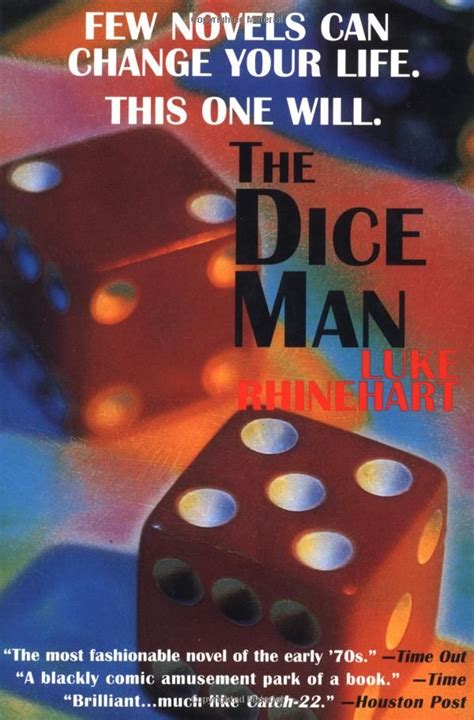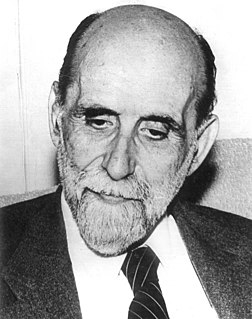A Quote by Anais Nin
I had been struck by the analogy between neurosis and romanticism. Romanticism was truly a parallel to neurosis. It demanded of reality an illusory world, love, an absolute which it could never obtain, and thus destroyed itself by the dream.
Related Quotes
Dynamic ecstasy is absolute romanticism , absolute heroism . And here I return to my point. From my point of view, after the catastrophe which we feel and think is universal, a catastrophe resulting from an excess of useless dynamism of useless progress, of useless realism, of useless technology, after this an unattainable democracy is to be reached through the conception and realization of a new romanticism.
Modern" poetry is, essentially, an extension of romanticism; it is what romantic poetry wishes or finds it necessary to become. It is the end product of romanticism, all past and no future; it is impossible to go further by any extrapolation of the process by which we have arrived, and certainly it is impossible to remain where we are who could endure a century of transition ?
Religion is an attempt to get control over the sensory world, in which we are placed, by means of the wish-world, which we have developed inside us as a result of biological and psychological necessities... If one attempts to assign to religion its place in man's evolution, it seems not so much to be a lasting acquisition, as a parallel to the neurosis which the civilized individual must pass through on his way from childhood to maturity.
Now the basic impulse behind existentialism is optimistic, very much like the impulse behind all science. Existentialism is romanticism, and romanticism is the feeling that man is not the mere he has always taken himself for. Romanticism began as a tremendous surge of optimism about the stature of man. Its aim - like that of science - was to raise man above the muddled feelings and impulses of his everyday humanity, and to make him a god-like observer of human existence.



































